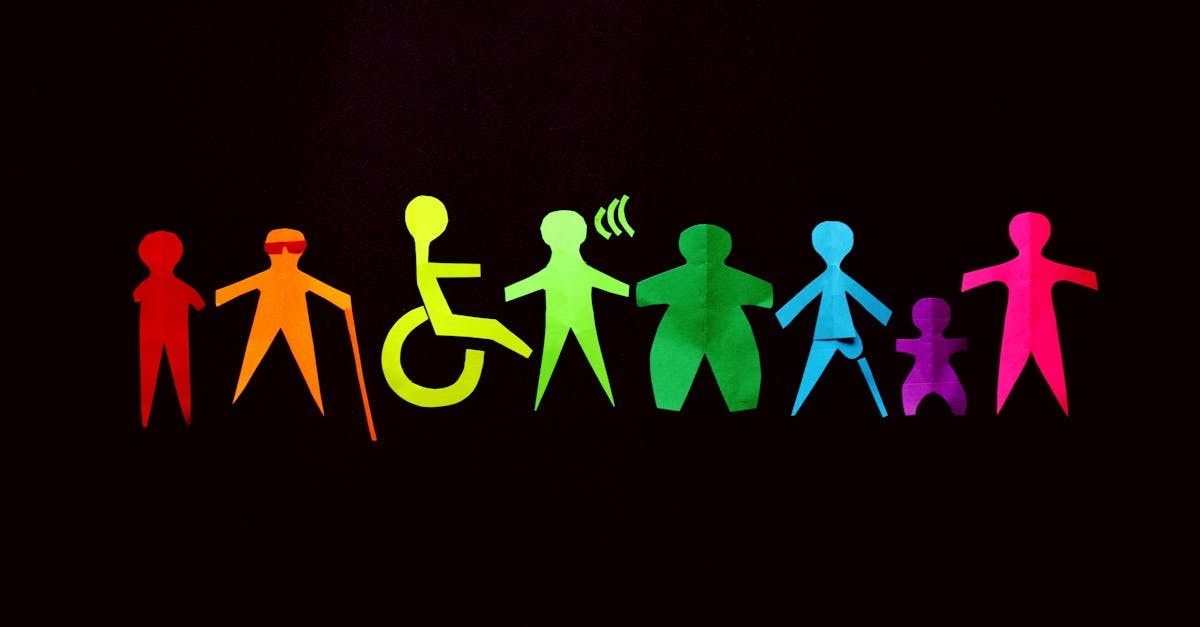Understanding the ins and outs of Social Security Disability (SSD) benefits can be a daunting task, especially when it comes to knowing when these benefits will cease. Many individuals rely on these benefits during difficult times, and losing them can lead to significant challenges. In this article, we’ll explore the age at which Social Security Disability benefits typically end, along with essential facts that will help you navigate this complex subject.
| Age Range | Reason for Termination |
|---|---|
| Under 18 | Transition to Adult Benefits |
| 18 to 24 | Eligibility Review |
| Age 65 | Transition to Retirement Benefits |
| Any Age | Medical Improvement |
| Any Age | Failure to Comply with Requirements |
Under 18
For individuals under the age of 18, Social Security Disability benefits are typically provided until they reach adulthood. At this point, their eligibility is reassessed to determine if they qualify for adult benefits. It’s crucial for guardians to prepare for this transition as the criteria for adult benefits are stricter, focusing on the ability to engage in substantial gainful activity.

18 to 24
Once individuals turn 18, they enter a different phase of eligibility for Social Security Disability. During this age range, the Social Security Administration (SSA) conducts reviews to evaluate whether the individual still meets the medical criteria for disability. Many young adults might find their benefits adjusted or terminated if they are deemed capable of working or if their medical condition has improved.

Age 65
At the age of 65, individuals typically transition from Social Security Disability benefits to Social Security retirement benefits. This transition is automatic, and beneficiaries do not need to take any action. However, it is essential to understand that the amount received may vary depending on the individual’s work history and contributions to the Social Security system.

Any Age: Medical Improvement
One of the primary reasons Social Security Disability benefits can be terminated at any age is due to medical improvement. The SSA periodically reviews beneficiaries to determine if their condition has improved to the point where they can return to work. If it is found that the individual has regained the ability to engage in substantial gainful activity, benefits may be discontinued.

Any Age: Failure to Comply with Requirements
Social Security Disability benefits are contingent upon compliance with certain requirements, including regular medical check-ups and adherence to prescribed treatments. If a beneficiary fails to comply with these requirements, their benefits can be terminated. It’s vital for individuals receiving SSD benefits to remain engaged with their healthcare providers and follow treatment plans to avoid any interruptions in their benefits.

FAQ
What happens if my Social Security Disability benefits end due to age?
If your benefits end due to age, you will typically transition to Social Security retirement benefits. The amount you receive may differ based on your work history and the age at which you begin receiving retirement benefits.
Can I appeal if my Social Security Disability benefits are terminated?
Yes, you can appeal the decision if your benefits are terminated. You have 60 days from the date you receive the notice of termination to file an appeal. It’s advisable to gather any necessary documentation and possibly consult with a legal expert in Social Security claims to strengthen your case.
What should I do if I receive a notice of review for my SSD benefits?
If you receive a notice of review, it’s crucial to respond promptly and provide any requested documentation. This may include medical records or information about your current condition. Ensuring that your medical documentation is up-to-date will help the SSA make a more informed decision regarding your eligibility.
Is there any way to extend my benefits if I am nearing age 65?
Once you reach age 65, your benefits will transition to retirement benefits, and there are no extensions for SSD benefits. However, if you have additional concerns regarding your health or financial situation, consider consulting a financial advisor or a Social Security representative for guidance.
Can I work while receiving Social Security Disability benefits?
Yes, you can work while receiving SSD benefits, but there are limits to how much you can earn. The SSA allows for a trial work period, during which you can test your ability to work without losing your benefits. However, if you exceed the earnings limit, your benefits may be affected.
References:
– [Social Security Administration: Disability Benefits](https://www.ssa.gov/disability/)
– [Social Security Administration: Benefits for Children](https://www.ssa.gov/benefits/children/)
– [Social Security Administration: Frequently Asked Questions](https://www.ssa.gov/faq/)




